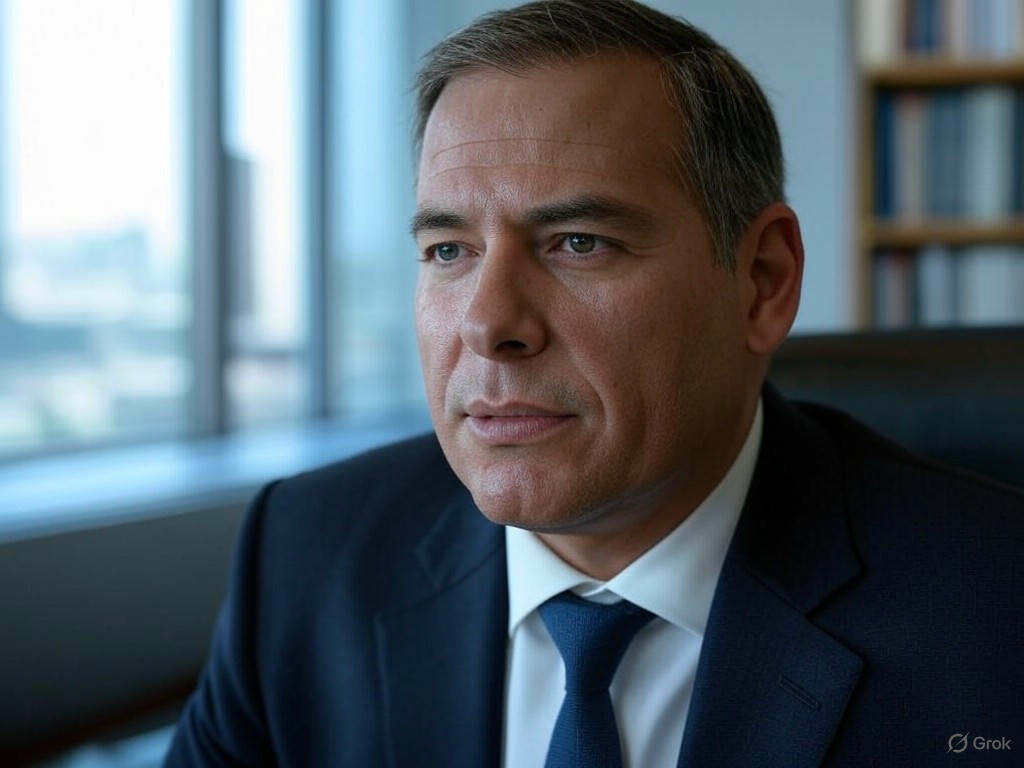In a surprising yet strategic move, Kering, the parent company of the iconic luxury brand Gucci, has tapped a seasoned executive from the automotive industry to fill one of the most coveted positions in global luxury. This bold decision signals a potential shift in how luxury conglomerates approach leadership, blending high fashion with cutting-edge industrial expertise.
The appointment, announced recently, has sparked intrigue across both the fashion and business worlds. While the name of the executive remains under wraps in initial reports, sources suggest that the individual brings a wealth of experience from a top-tier automotive company known for innovation and precision. This background is a departure from the traditional fashion-centric resumes that typically dominate such roles, hinting at Kering’s intent to infuse fresh perspectives into its operations. With Gucci as one of its flagship brands, Kering is under constant pressure to maintain its edge in a competitive market where consumer tastes evolve rapidly.
Why would a luxury giant pivot to an outsider from a seemingly unrelated field? Analysts believe this move could be tied to the growing intersection of technology and luxury. The automotive sector, with its focus on sustainability, digital integration, and bespoke craftsmanship, shares unexpected parallels with high-end fashion. Electric vehicles, for instance, are driving conversations about eco-conscious design—a value increasingly important to luxury consumers. By bringing in a leader with expertise in these areas, Kering may be positioning itself to innovate in ways that resonate with the next generation of buyers. Imagine Gucci collections inspired by sleek, futuristic car aesthetics or collaborations that merge wearable tech with haute couture.
Moreover, this decision reflects a broader trend in the luxury industry: adaptability. As brands navigate post-pandemic challenges, including supply chain disruptions and shifting retail landscapes, unconventional leadership can offer new solutions. An executive accustomed to managing complex global operations in the auto world might bring a unique lens to streamlining processes or enhancing brand experiences at Gucci. This could mean a stronger push into digital showrooms or personalized customer journeys, mirroring how premium carmakers cater to their clientele.
While some industry insiders express skepticism about the cultural fit of an automotive leader in the nuanced world of luxury fashion, others see it as a masterstroke. Kering’s willingness to think outside the box could set a precedent for other conglomerates, encouraging them to scout talent from diverse sectors. As the luxury market continues to evolve, blending tradition with innovation will be key to staying relevant.
As this new chapter unfolds, all eyes are on Kering and its newly appointed executive. Will this cross-industry gamble pay off, redefining Gucci’s place in the luxury hierarchy? Only time will tell, but one thing is certain: the fusion of automotive precision and sartorial elegance promises an exciting road ahead for one of fashion’s most storied houses.
